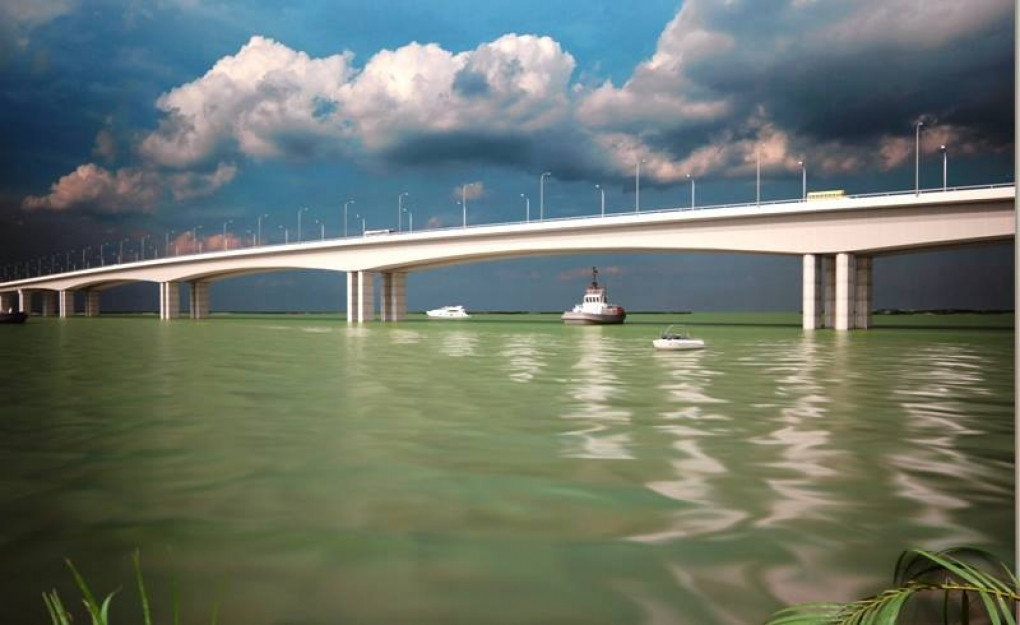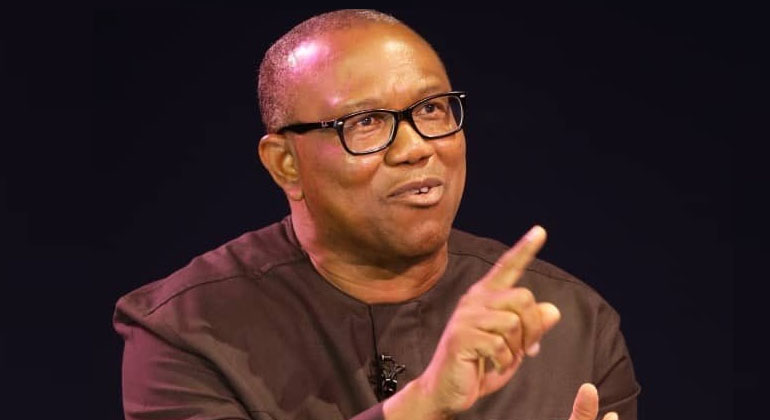These days when the Buhari Government throws in the anti corruption card everyone shudders. Recently, the government said it was looking to probe the Niger Bridge project which started under the Jonathan Government but has so far not seen much progress.
The Nigeria Sovereign Investment Authority (NSIA), a key stakeholder in the project has now come out to dish out facts about the project including its role. Nairametrics received a copy of the report containing updates of the projects. Here are the key highlights
KEY HIGHLIGHTS
- The NSIA acting through its wholly owned subsidiary, NSIA Motorways Investment Company (NMIC) is collaborating with the Federal Ministry of Works and Julius Berger Investments (JBI) as joint sponsors on the financing, development and construction of the Second Niger Bridge project (the “Project”).
- The Second Niger Bridge and adjacent roads will be 11.9km in length.
- The project is structured as a Public Private Partnership (PPP) and will be constructed and operated on a Design, Build, Finance, Operate and Transfer (DBFOT) basis.
- It is expected that the Bridge would be constructed and delivered in 48 months. When completed, the Bridge and adjacent roads will have six (6) lanes with three (3) in each direction.
- The Project was initially estimated to cost N108billion excluding duties and VAT, (if duties and VAT are included, the Project cost is N117.9billion).
- This was equivalent to US$700million at the then prevailing exchange rate of N154/$. The final project cost would naturally be affected by exchange rate fluctuations and other variables.
- The Federal Government of Nigeria (FGN) made a N30billion commitment to the Project. The consortium would raise the remaining funds for the project from Nigerian and international lenders and equity providers.
- The Federal Government has released N18.3billion so far of which N10.4billion has been disbursed on early construction works.
NSIA’S CONTRIBUTION
- NSIA assembled a team of Nigerian and international advisers with proven capabilities and global experience in PPP infrastructure projects to ensure the Project get firstclass advisory services. These consultants were engaged through a rigorous and competitive procurement process.
- To date, NSIA has spent a total of US$2.21million on consultancy services on the two phases of the Project – US$247,586 on the due diligence phase; and US$1.96million on the project development phase. These services have included work in the following areas: Legal, Financial, Technical & Engineering and Environmental & Social Impact Advisory, provided by various credible and well-recognised Nigerian and international professional services firms.
- Total consultancy services cost so far is less than one percent of the estimated project cost. Whilst there is no standardized benchmark for transaction costs, the European Investment Bank’s Economic and Financial Report No. 3 of 2005, indicates that, on the average, the level of transaction cost for the procurement phase of PPP projects is over 10 percent of the capital value of the relevant project in Ireland, the Netherlands, Portugal, and the United Kingdom.
- This EIB survey estimate does not include costs related to contract monitoring and renegotiation in the operational phase of the relevant projects.
- NSIA’s technical consultants on this Project have been instrumental in valueengineering the Project and reducing the initial project cost to the current level.








